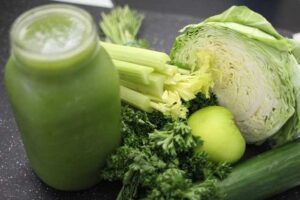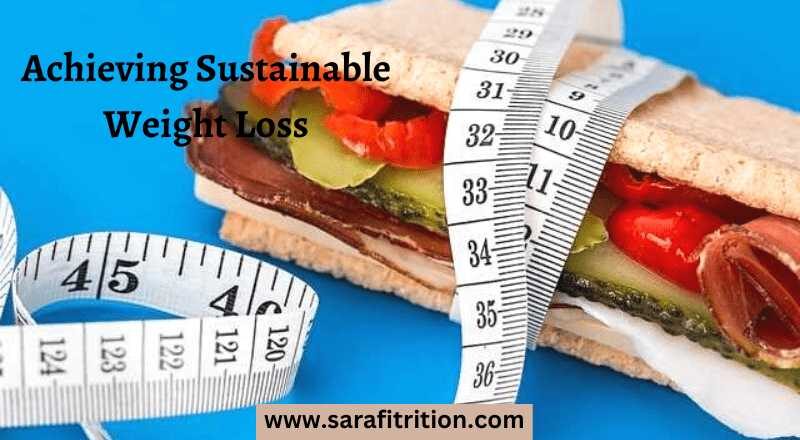- Evidence-Based Guide
- Understanding Energy Balance
- Setting Realistic Goals
- Adopting a Healthy Diet
- Increasing Physical Activity
- Mindful Eating
- Staying Motivated
- 12-Week Fat Loss Nutrition Plan: The Ultimate Guide to Achieving Your Goals
- The Benefits of the 12-Week Fat Loss Nutrition Plan
- Staying Motivated and On Track
- Conclusion
Evidence-Based Guide
Losing weight is a common goal for many people, but achieving and maintaining a healthy weight can be a challenge. With so much information available online, it can be difficult to know where to turn for guidance. This article will provide you with an evidence-based guide to weight loss, helping you to achieve your goals in a sustainable and healthy way.

Understanding Energy Balance
The fundamental principle of weight loss is energy balance. Our bodies require a certain amount of energy, or calories, to function properly. When we consume more calories than we burn, our bodies store the excess energy as fat. To lose weight, we need to create a calorie deficit by burning more calories than we consume.
Setting Realistic Goals
Before you start your weight loss journey, it’s important to set realistic goals. Aiming for a rapid, substantial weight loss is not sustainable, and can even be harmful to your health. Instead, aim for a slow and steady weight loss of 1-2 pounds per week. This may not sound like much, but over time it will add up to a significant difference.
Adopting a Healthy Diet
A healthy diet is the foundation of any weight loss program. This means choosing a variety of nutrient-dense, low-calorie foods, such as fruits, vegetables, whole grains, and lean proteins. Try to limit your intake of processed foods, sugary drinks, and high-fat snacks.
Increasing Physical Activity
In addition to a healthy diet, regular physical activity is essential for weight loss. Aim to incorporate at least 30 minutes of moderate-intensity activity into your daily routine, such as brisk walking, cycling, or swimming. You can also try incorporating strength training exercises, such as weight lifting, to build muscle and boost your metabolism.

Mindful Eating
Mindful eating involves paying attention to your food, rather than eating mindlessly while distracted. This can help you to eat more slowly and enjoy your food, which can lead to greater feelings of satisfaction and fullness. This can also help you to avoid overeating and make healthier food choices.
Staying Motivated
Losing weight can be a challenge, and it’s important to stay motivated throughout your journey. Surround yourself with supportive friends and family, and try to focus on the positive changes you’re making for your health. Keep track of your progress and celebrate your successes, no matter how small.
12-Week Fat Loss Nutrition Plan: The Ultimate Guide to Achieving Your Goals
Are you looking to achieve your weight loss goals in a healthy and sustainable way? Look no further than the 12-Week Fat Loss Nutrition Plan. This comprehensive guide will provide you with the tools and information you need to succeed, including meal plans, recipes, and expert advice.
Understanding the Basics of Nutrition
Before diving into the 12-Week Fat Loss Nutrition Plan, it’s important to understand the basics of nutrition. This includes understanding macronutrients, micronutrients, and calorie intake.
Macronutrients, or macros, are the three main types of nutrients that your body needs in large amounts: carbohydrates, proteins, and fats. Each of these macros plays a different role in your body and should be included in your diet in the right balance.
Micronutrients, on the other hand, are the vitamins and minerals that your body needs in smaller amounts. These are also essential for good health and should not be overlooked.
Finally, it’s important to track your calorie intake. This means paying attention to the amount of food you eat, as well as the number of calories in each serving. When trying to lose weight, it’s important to create a calorie deficit by burning more calories than you consume.

Meal Planning and Preparation
One of the keys to success on the 12-Week Fat Loss Nutrition Plan is meal planning and preparation. This involves taking the time to plan out your meals in advance and then preparing the ingredients and cooking the meals ahead of time.
When planning your meals, it’s important to include a variety of healthy foods and to make sure you are getting a balanced ratio of macronutrients. This will help ensure that your body is getting all the nutrients it needs to function at its best.
To help you get started, here is a sample meal plan for a day on the 12-Week Fat Loss Nutrition Plan:
- Breakfast: Whole grain toast with avocado and eggs
- Snack: Apple slices with almond butter
- Lunch: Grilled chicken breast with mixed greens and quinoa
- Snack: Greek yogurt with berries and honey
- Dinner: Baked salmon with roasted vegetables
The Importance of Hydration
In addition to eating a healthy and balanced diet, it’s also important to stay hydrated on the 12-Week Fat Loss Nutrition Plan. Water is essential for good health, as it helps regulate body temperature, remove waste, and transport nutrients.
Aim to drink at least eight glasses of water each day and make sure to drink plenty of fluids before, during, and after exercise. If you don’t enjoy plain water, try adding lemon or cucumber slices for flavor.
Exercise and Activity
While nutrition is the key to weight loss, exercise and physical activity are also important. Regular exercise can help boost your metabolism, increase muscle mass, and improve your overall health.
On the 12-Week Fat Loss Nutrition Plan, aim to get at least 30 minutes of moderate-intensity exercise each day. This can include activities like brisk walking, cycling, or swimming. Resistance training, such as weight lifting, is also recommended two to three times per week.
The Benefits of the 12-Week Fat Loss Nutrition Plan
The 12-Week Fat Loss Nutrition Plan is designed to help you achieve your weight loss goals in a healthy and sustainable way. By following the plan, you can expect to:
- Lose weight and body fat
- Improve your overall health and fitness
- Increase your energy levels
- Reduce your risk of chronic diseases
- Boost your metabolism
Staying Motivated and On Track

While the 12-Week Fat Loss Nutrition Plan is designed to be effective, it’s not always easy to stick to. That’s why it’s important to find ways to stay motivated and on track. Here are a few tips to help you along the way:
- Set realistic and achievable goals: Instead of aiming for an unrealistic target, set achievable goals that you can work towards gradually. This will help you stay motivated and see progress along the way.
- Keep a food diary: Writing down everything you eat can help you stay accountable and make better food choices. You can use a paper journal or an app to track your progress.
- Find a workout buddy: Exercising with a friend can be a great way to stay motivated and hold each other accountable.
- Reward yourself: When you reach a milestone or make progress towards your goals, treat yourself to something you enjoy. Whether it’s a new workout outfit, a massage, or a night out with friends, rewarding yourself can help keep you motivated.
Conclusion
Losing weight can be a challenge, but it’s achievable with the right approach. By adopting a healthy diet, increasing physical activity, practicing mindful eating, and staying motivated, you can reach your weight loss goals in a sustainable and healthy way. Remember, weight loss is a journey, not a destination, so be patient, persistent, and kind to yourself.

